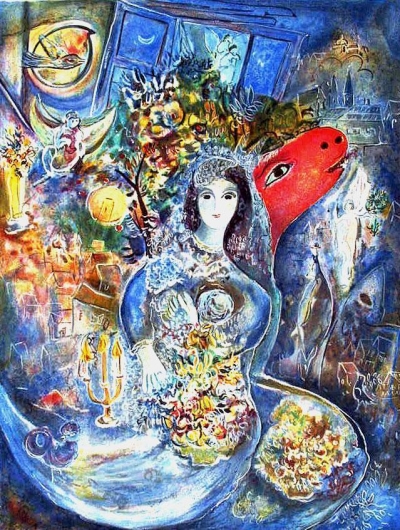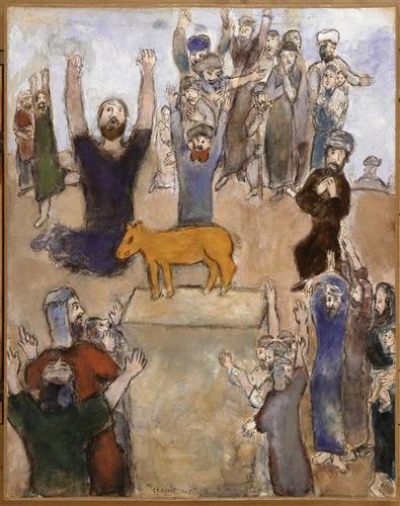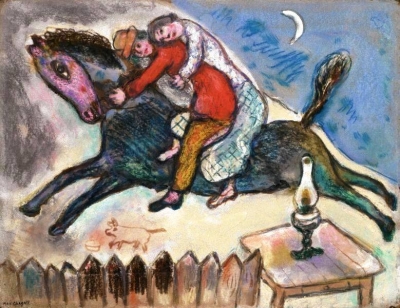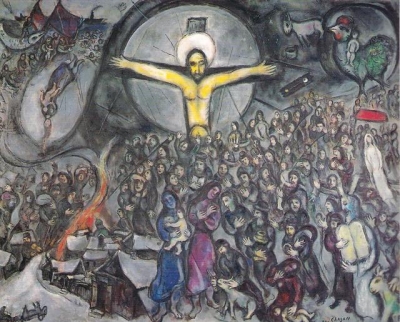The recognition of a living entity inside men able to survive after their death is a form of animism.
All that is beautiful, magnanimous and altruistic comes neither from the cold reason, nor from the emotional heart, but rather from the soul.
The belief in the existence of a human soul preceded the conviction in the existence of one or multiple gods.
It is the animistic component of men which urges them to save the life of another man in peril at the expense of their own interest or life: reason immediately highlights fears or any possible danger and eventually withdraws, while the heart intervenes only if it is emotionally engaged.
Now, if we go back to the soul, we shall realise that all the so-called "primitive" people (even if, from an animistic point of you, we are the true primitive men!), such as the indigenous peoples of the Americas and the Andean peoples, firmly believed in the existence of a spirit which lived not only in men but also in objects and non-human beings (animals); therefore it can be regarded in my opinion, as a condition preceding the belief in the existence of a human soul.
Therefore, the recognition of something able to outlive men is the first form of animism.
Men possess one or multiple spirits also after their death (up to seven or even thirteen in Melanesia), however, at a later time, almost all the peoples have dissociated soul from spirit.
When it comes to the animism of the objects, the situation is far more complex, since their animism does not necessarily result from the objects themselves. When a child bumps into a table, he believes that the table may have a spirit because it is responsible for the accident.
Similarly, the Bible (Exodus XX, 28-29) inflicts penalties on a bull which has horned a man or a woman, thus clearly assuming an extensive form of animism.
In fact, if we believe in the responsibility of an animal, we are stating that it has a soul.
Animism improves the condition of men, and is a substantial part of their virtue; by way of example, the following proverbs are provided:
- Twin soul / soul mate;
- Love is composed of a single soul inhabiting two bodies;
- and then Faust, the protagonist of a famous work of Goethe, who sold his soul to the devil, i.e. he was ready to commit any offence (be ready to incurring at in any guilt).
Therefore, we soon realise the importance of animism for the comprehension of mankind.





